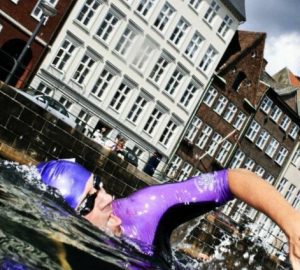Beach litter going down, but plastic still polluting UK shores
The Marine Conservation Society’s annual Great British Beach Clean, which took place from 17th – 26th September this year, saw 6,176 volunteers head outside to clear litter from their local streets, parks and over 55,000 metres of UK beaches.
A total of 5064.8kg of litter was collected and recorded over the week by dedicated volunteers and the results are in. In positive news, the average litter recorded per 100 metres is dropping year on year across the UK. This year, an average of 385 items were found, dropping from averages of 425 in 2020, and 558 in 2019.
Cotton bud sticks moved out of the UK’s top ten most common rubbish items this year, with the number of plastic cotton bud sticks collected being the lowest in the Great British Beach Clean’s 28-year history. This year, an average of 6 plastic cotton bud sticks were found, dropping from 15 in 2020. These decreasing figures are a positive indication that policies are working. Numbers of single-use plastic bags on beaches have continued to drop, from a high of 13 on average in 2013, down to just 3 in 2021.
Plastic pieces remain the most prevalent form of litter on UK beaches, with 75% of all litter collected being plastic or polystyrene, with an average of 112 pieces found for every 100 metres of UK beach surveyed. With so much beach litter being made from plastic, the Marine Conservation Society is continuing to campaign for ambitious single-use plastics policies which would phase out the manufacture and sale of plastic products in the UK.








